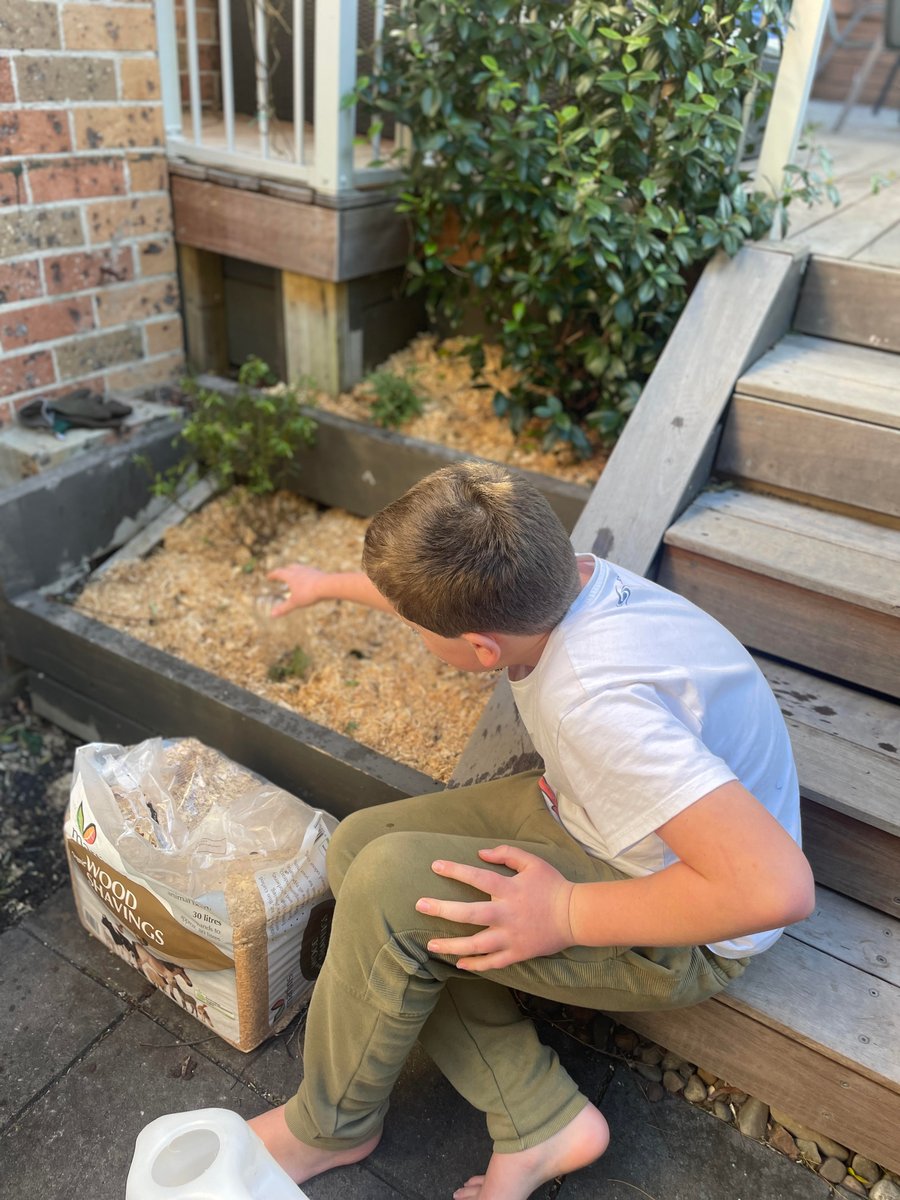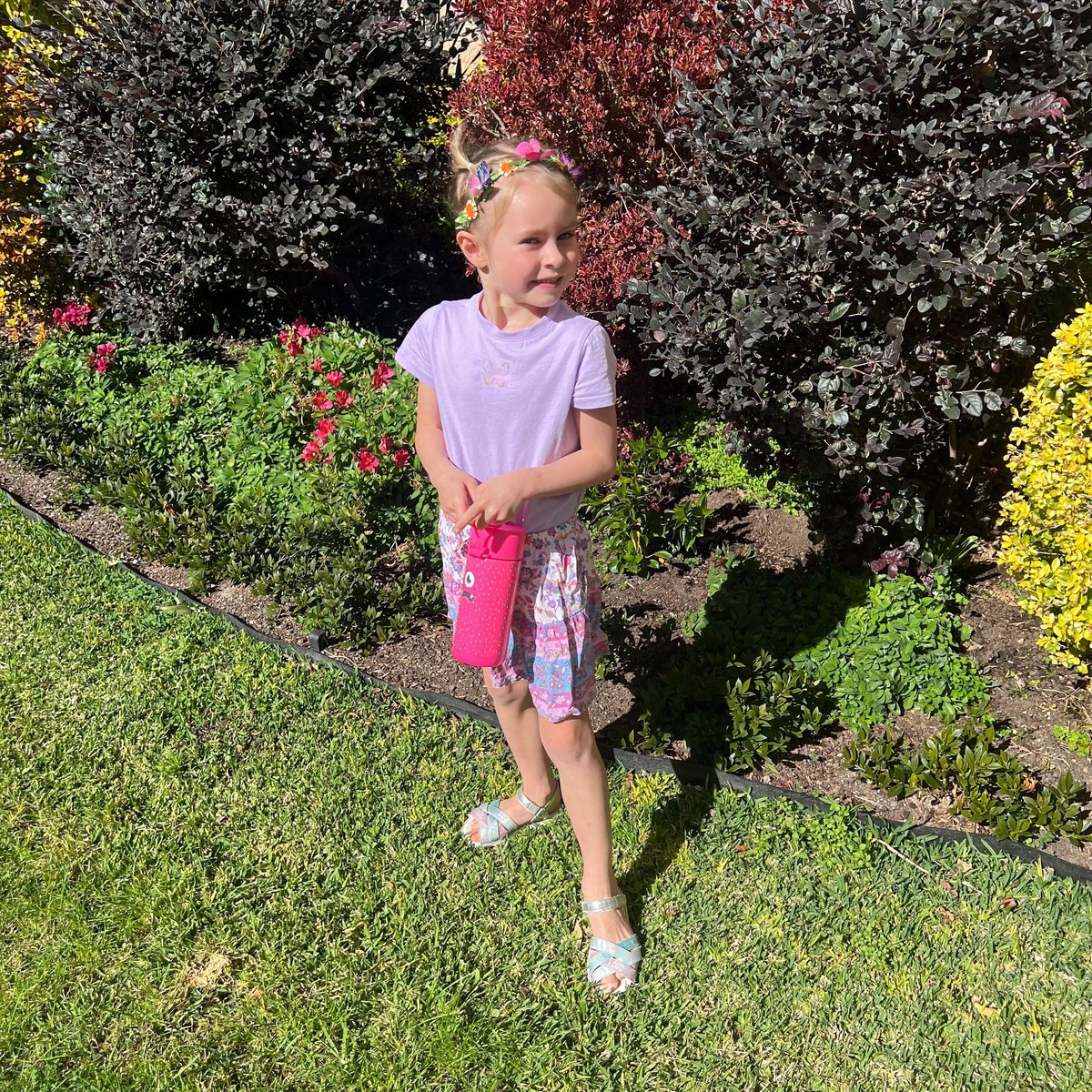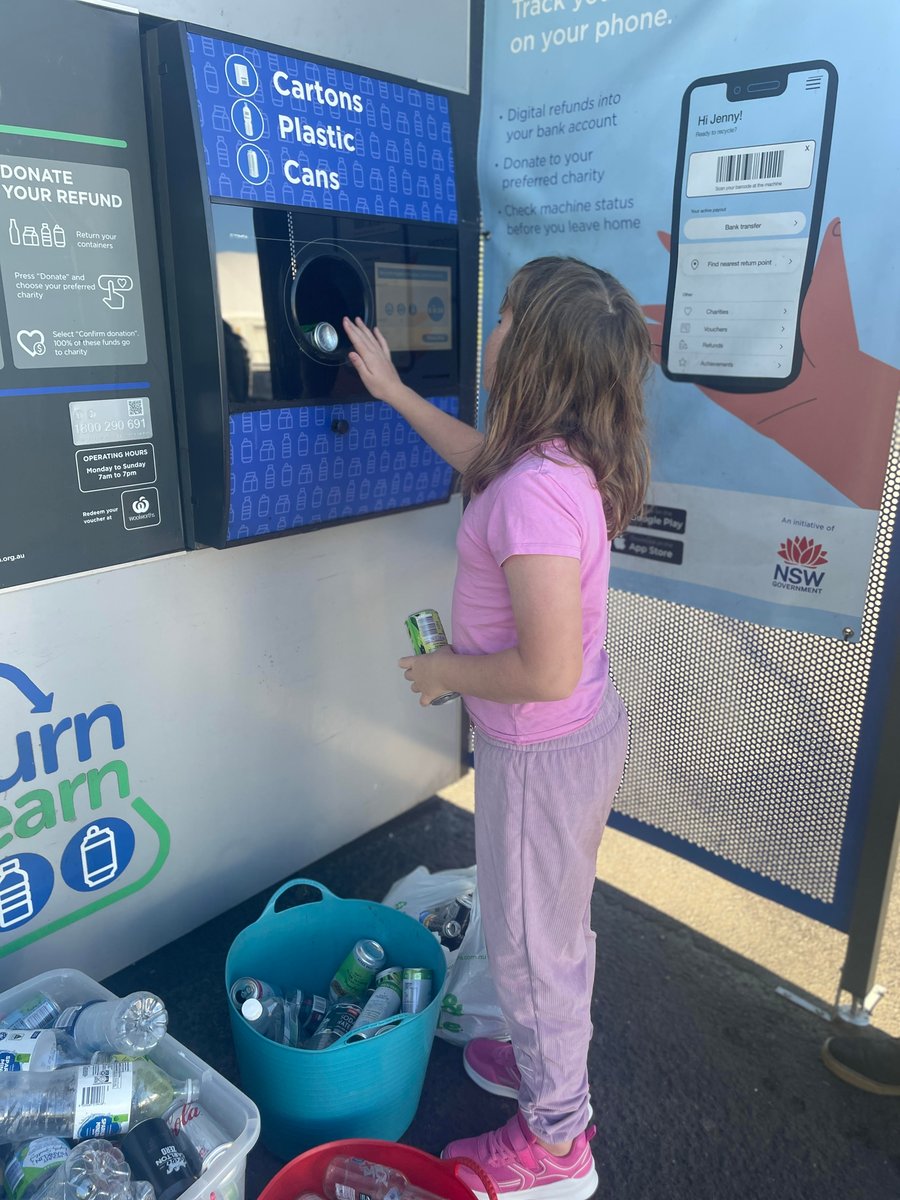
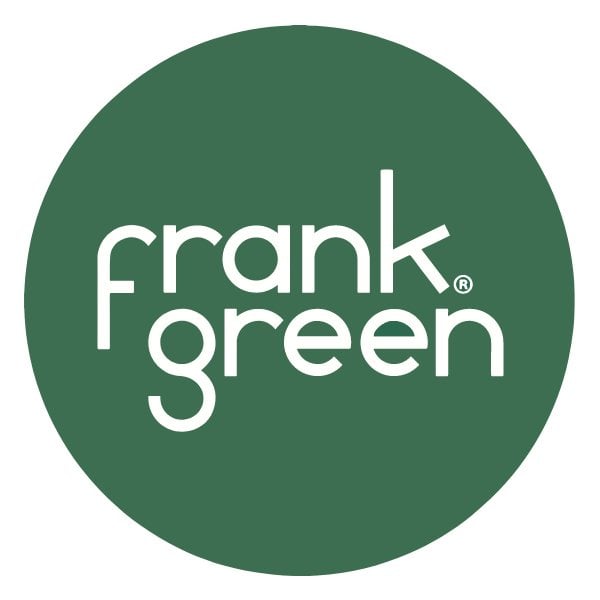
As a mother of 3, the words "eco-friendly minimalism" is a bit of a pipedream.
While I often yearn for a life with minimal stuff, ideally in a soothing neutral palette, where I grow all our food, make my own yoghurt and, if we’re really going for it, live in a very comfortably furnished yurt, the reality doesn’t always match up.
Because kids are a lot, in every possible way.
But living an eco-friendly existence with three kids underfoot can be achieved. It just takes some planning, a little bit of compromise and okay yes, a healthy reality check at times.
Here are 4 tips for raising eco-conscious kids without adding to your mental load (or needing to purchase a yurt).
1. Use interactive conversation starters.
Let’s be honest, kids require a lot of stuff. Endless amounts it sometimes seems. And they never stop growing.
From lunchboxes to tracksuit pants, it can often feel as if you’re on an endless treadmill of consumption, which isn’t ideal when you’re trying to reduce your carbon footprint and lead a more sustainable lifestyle.
Reducing fast fashion and single-use products led us to embrace hand-me-downs and invest in high-quality essentials that can withstand the rough and tumble of #kidlife.
The new franksters range of reusable water bottles from frank green ticks all the boxes for starting conversations with kids about water wastage, recycling, litter, re-usage and single-use plastic.
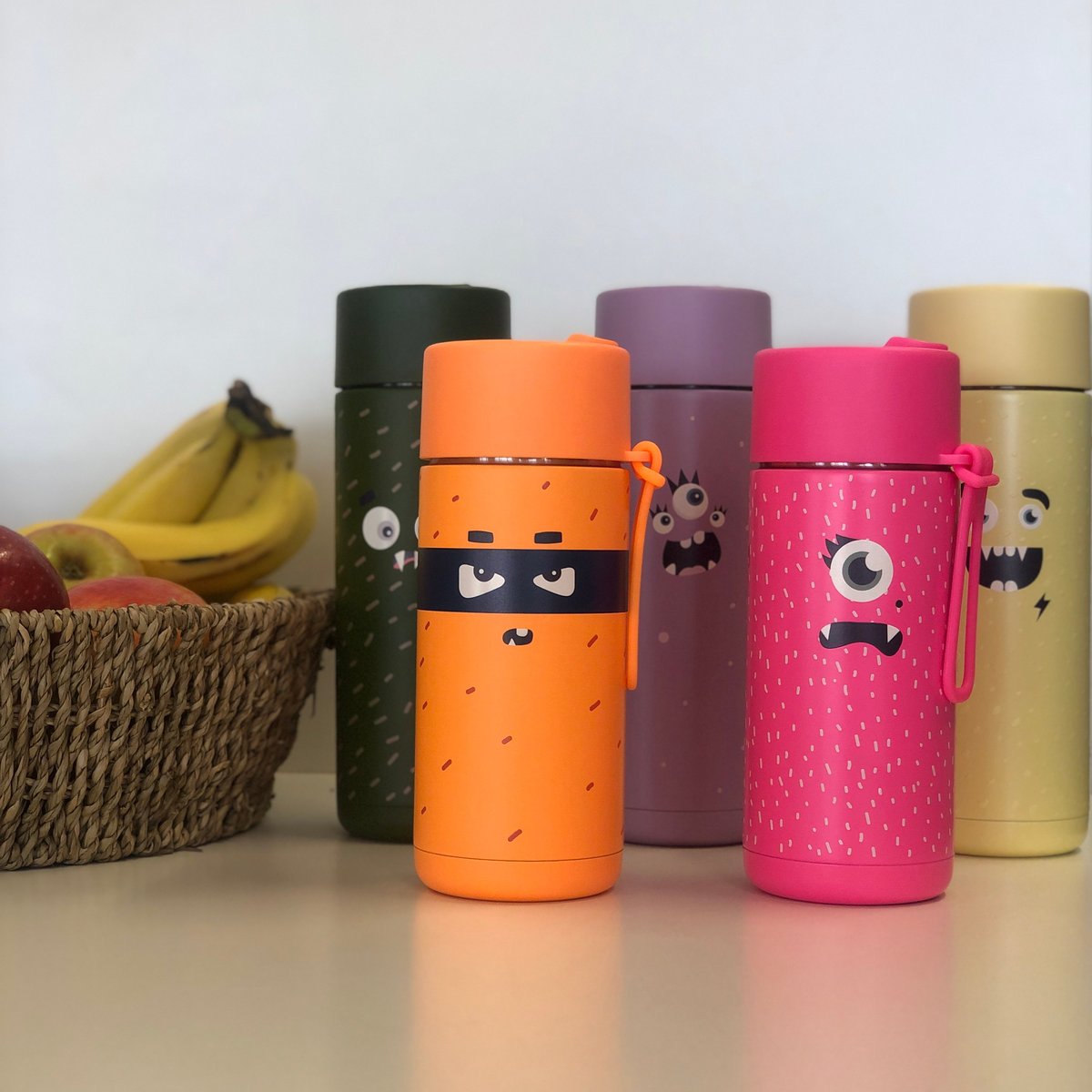 Image: Supplied.
Image: Supplied.


